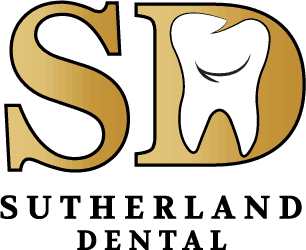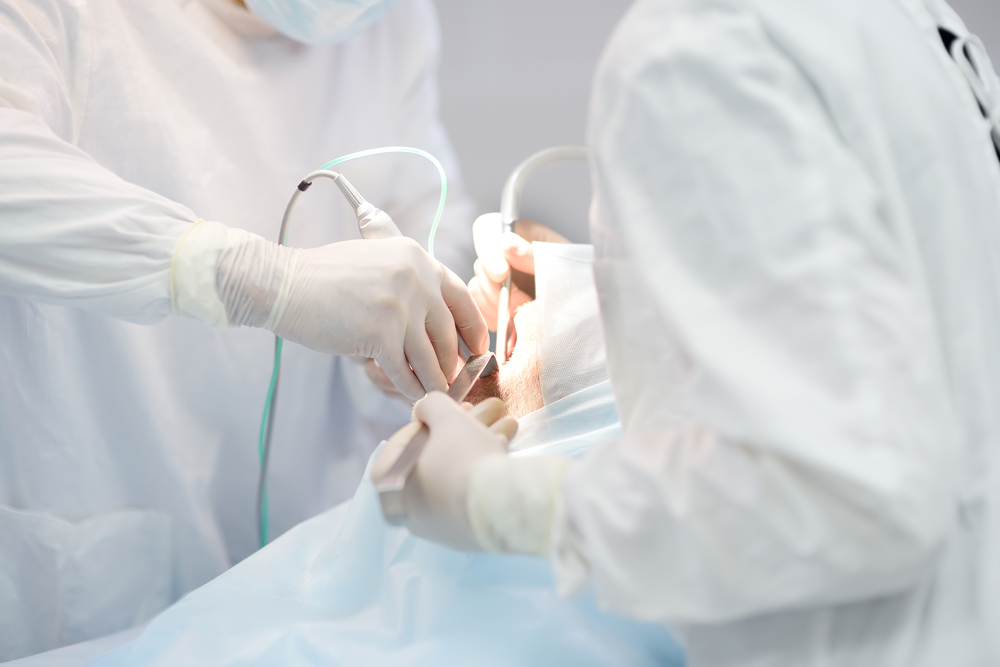Sedation dentistry is pivotal in enhancing patient comfort and facilitating various dental procedures by managing anxiety and promoting relaxation. Understanding dental sedation is essential for patients seeking a stress-free experience during treatment.
Sedation dentistry involves administering sedatives to help patients relax during dental procedures. This makes it easier for both the patient and the dentist to complete the necessary treatment. This approach is particularly beneficial for individuals with dental phobia or anxiety about dental visits, ensuring that they receive the care they need without unnecessary stress.
Patients often undergo sedation dentistry for pain control, as it helps alleviate discomfort during more invasive procedures like root canals or dental implant surgeries. By reducing anxiety and promoting relaxation, sedation dentistry enables patients to undergo treatments that they may otherwise avoid due to fear or anxiety.
Tooth Extractions and Sedation
Sedation is commonly used in tooth extractions, including the surgical removal of wisdom teeth, to ensure patient comfort and the successful completion of dental procedures.
Tooth extractions can be a source of anxiety for many patients, especially when it comes to the surgical removal of impacted wisdom teeth. In such cases, dentists often recommend using sedation to help patients relax and alleviate discomfort.
Different types of sedation can be used during tooth extractions, ranging from local anesthesia to general anesthesia and even nitrous oxide (commonly known as laughing gas). Local anesthesia numbs the specific area being treated, while general anesthesia induces a temporary loss of consciousness. Nitrous oxide, on the other hand, helps patients feel more at ease during the procedure without rendering them unconscious.
Dental Implant Surgery and Sedation
Implant surgery often involves sedation to enhance patient comfort and facilitate the successful placement of dental implants. Sedation during dental implant surgery can be administered in various forms, such as oral sedation or intravenous (IV) sedation. These types of sedation help manage pain and anxiety, ensuring a more relaxed experience for the patient undergoing the procedure. In implantology, sedation is crucial in creating a conducive environment for the patient and the dentist, allowing for the precise placement of dental implants without causing discomfort.
The benefits of incorporating sedation during dental implant surgery are manifold. Patients experience reduced anxiety levels, increased comfort, and pain management throughout the procedure. Additionally, sedation enables the dentist to work more efficiently as the patient remains calm and cooperative during the placement of dental implants. Overall, the use of sedation in dental implant surgery significantly improves the patient’s experience and contributes to the successful outcome of the procedure.
Root Canal Therapy and Sedation
Root canal therapy often necessitates the implementation of sedation techniques to address severe infection or alleviate patient anxiety during the procedure. Sedation methods such as oral sedation, nitrous oxide, or local anesthetics are commonly used to comfort and relax individuals undergoing root canal treatments. Patients experiencing dental anxiety or those with severe infections may benefit greatly from these sedation options.
For individuals with dental anxiety, sedation can help create a calming environment, making the procedure more manageable. Oral sedation, in particular, allows patients to feel at ease while remaining conscious throughout the root canal therapy. Nitrous oxide, also known as laughing gas, is another effective sedation method that induces a relaxed state, reducing anxiety levels during the treatment. Moreover, local anesthetics are administered to numb the treated area, ensuring a pain-free experience for the patient.
Periodontal Surgery and Sedation
Sedation is crucial in enhancing patient comfort and minimising pain during complex periodontal surgeries such as gum grafts and deep cleanings. Due to their invasive nature, these procedures, which include gum surgery, flap surgeries, and extensive cleaning, can be stressful for patients. By incorporating sedation techniques, dental professionals can help alleviate anxiety, reduce discomfort, and enhance patient experience.
Gum grafting, a common periodontal surgery, involves taking tissue from one area of the mouth and grafting it onto another to address gum recession. This procedure can be uncomfortable, making sedation beneficial in ensuring patient relaxation. Additionally, deep cleanings that target plaque and tartar buildup beneath the gum line can be more tolerable with sedation, allowing for a more thorough and effective treatment.
Advanced Cosmetic Dental Procedures
Cosmetic dental procedures, particularly those involving advanced techniques like veneer placements and full mouth reconstructions, demand meticulous attention to detail and patient comfort measures to achieve optimal results. These advanced cosmetic techniques often require lengthy procedures, prioritising patient comfort. In such cases, dental sedation is crucial in ensuring the patient remains comfortable throughout the treatment, allowing the dentist to work efficiently.
Veneers, a popular cosmetic dentistry option for enhancing smiles, can involve significant alterations to the teeth. Similarly, full mouth reconstructions, which aim to restore both the function and aesthetics of the mouth, can be extensive procedures. Sedation for cosmetic dentistry, especially during veneer placements and full mouth reconstructions, helps manage any discomfort and anxiety the patient may experience during these intricate processes, ultimately leading to more successful outcomes.
Key Takeaways
If you are considering sedation for your next dental procedure, don’t hesitate to communicate openly with your dentist to explore the best options.
By collaborating with your dental provider, such as the experienced team at Sutherland Dental in Sutherland, NSW 2322, you can ensure a personalised sedation plan that prioritises your comfort and overall well-being.
Take the proactive step towards a more relaxed and positive dental experience, leading to improved oral health outcomes. Your journey to a healthier smile starts with effective communication and tailored sedation solutions.



